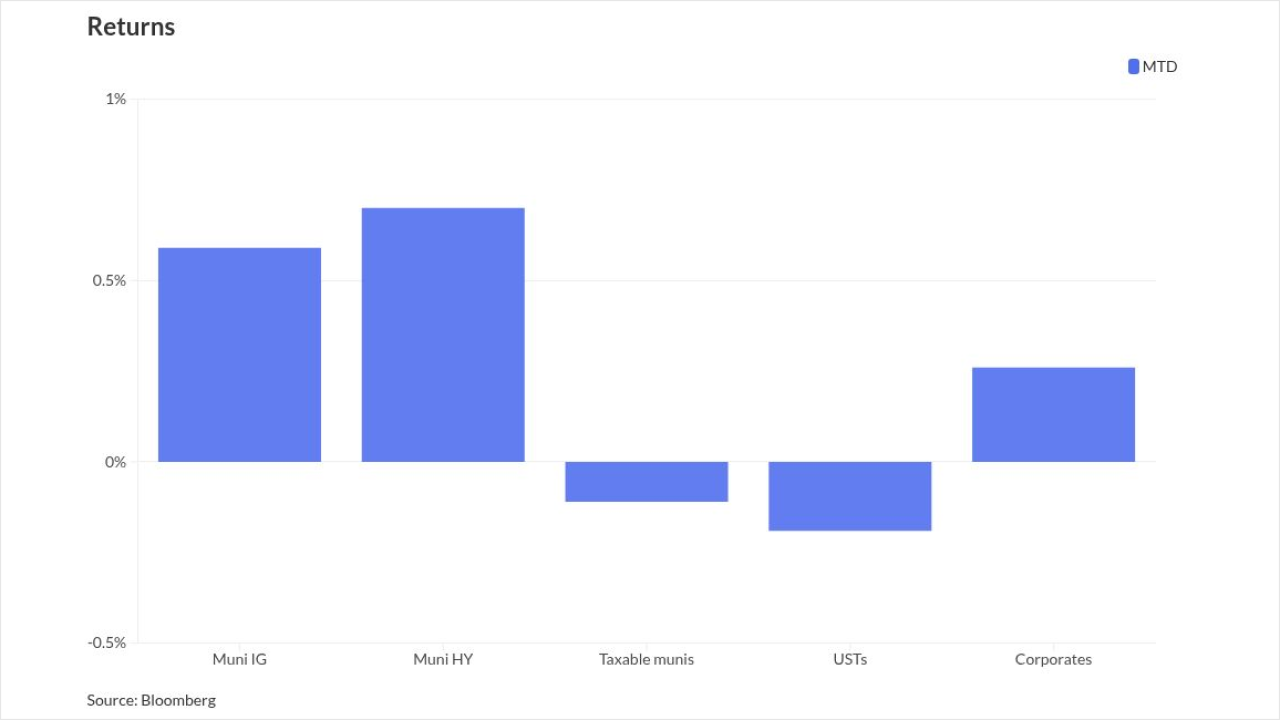
Regulators may propose a number of new rules for bond insurers - such as substantially raising capital requirements and limiting the guarantees of credit default swaps - as market participants continue to deal with the fallout from the credit crisis.
Michael Moriarty, deputy superintendent for property and capital markets at the New York State Insurance Department, outlined yesterday a number of potential changes to the bond insurance market and its regulation, during a "webinar" and teleconference titled "Bond Insurance in a Changing Market and Regulatory Environment: What to Expect".
"The credit crisis took us by surprise," Moriarty said. "When it used to be triple-A across the board, it was almost self-regulating. We didn't take a whole lot of time overseeing financial guarantors."
Because the business models of many bond insurers rely on triple-A ratings, it may make sense to enact capital requirements based on what the insurers would need to hold based on a particular rating, rather than what they would need to remain solvent, Moriarty said. Also, regulators may prohibit the guarantee of credit default swaps, as bond insurers are supposed to underwrite credit, not market, risks, he said.
Despite increased regulation, he said that all market participants will need to rely less on rating agencies, and more on their own due diligence when evaluating bond insurers. To help, regulators may require insurers to provide more detailed reporting of their finances, especially liabilities, Moriarty said.
As markets become more complex, regulators will need increasing authority to jump out ahead of potential problems, he said.
"To the extent we see red flags or new securities, we need to react quickly as opposed to getting law changes," Moriarty said.
Other participants in the teleconference weighed in on the impact the turmoil in the bond insurance market might have on issuers.
Although some states and larger cities may not need insurance when issuing debt, smaller entities may still require credit enhancement, experts said. Banks have filled in the gap by providing more letters of credit than in recent years, said Assured Guaranty Corp. president Michael Schozer.
Issuers used letters of credit on $38.4 billion in deals through the first half of 2008, a 409% increase from the same period last year, according to Thomson Reuters data.
"The market responded rather quickly to the changing conditions," Schozer said.
In addition, issuers should also closely check bond covenants and Internal Revenue Service guidelines before changing the terms and reissuing bonds as a result of insurer downgrades so they can ensure both their old and new issues remain tax exempt, panelists said.
"I can't encourage you enough to do your homework and look at the covenants for each bond issue," said MargaretPurcell, executive director of the national tax-exempt organization group at Ernst & Young LLP.





